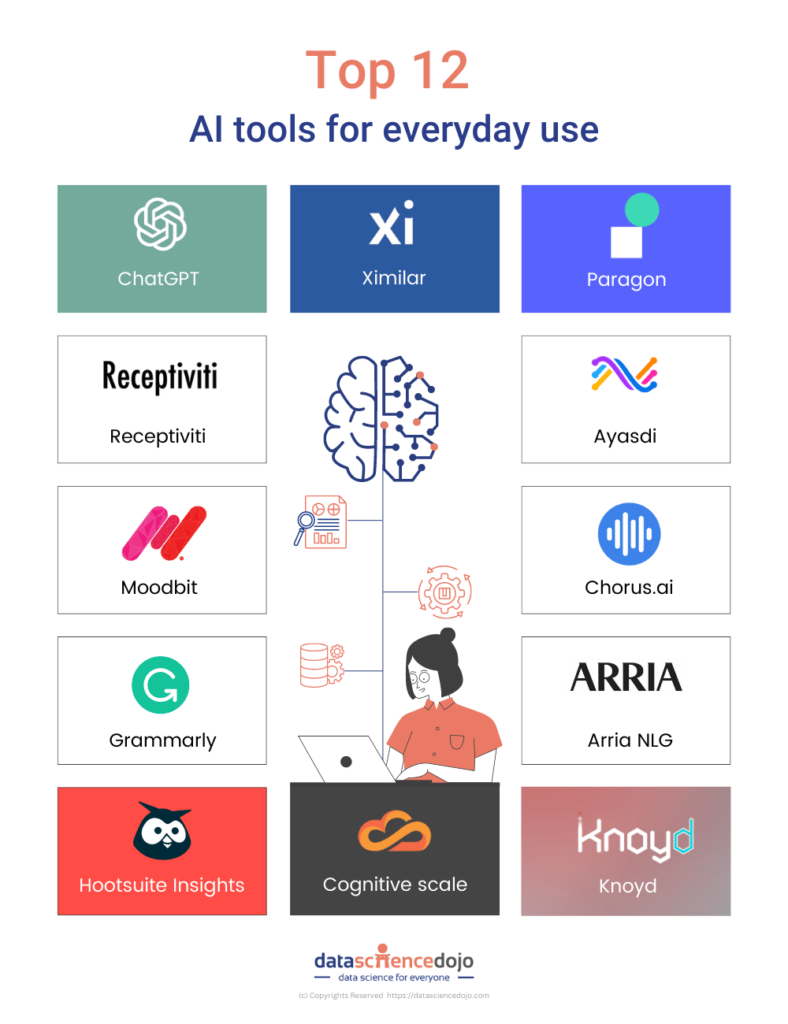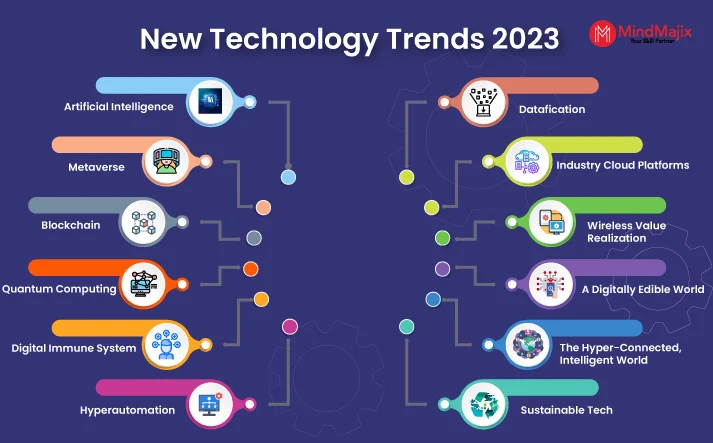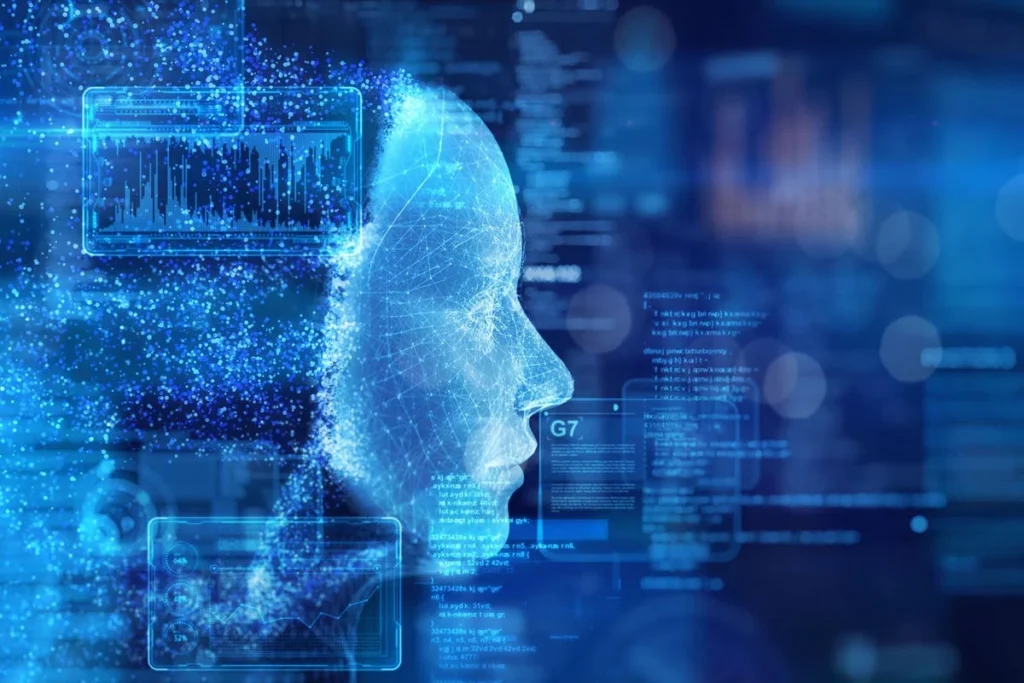In today’s fast-paced business environment, AI tools revolutionize daily office tasks by streamlining processes and enhancing productivity. As organizations increasingly adopt artificial intelligence, the way we approach routine tasks is undergoing a significant transformation. From automating mundane activities to providing intelligent insights, AI tools are not just a trend; they are becoming essential components of modern workplaces. This article will explore the various ways in which these innovative technologies are reshaping our daily operations and driving efficiency.
As you delve deeper into this article, you will discover the specific AI tools that are making waves in office settings, such as virtual assistants, project management software, and data analysis platforms. We will discuss how these tools can help reduce workload, minimize errors, and free up valuable time for employees to focus on more strategic initiatives. Additionally, you will learn about the potential challenges and considerations that come with integrating AI into your daily routines.
Stay with us as we uncover the transformative power of AI in the workplace. By the end of this article, you will have a comprehensive understanding of how to leverage these tools to enhance your productivity and improve overall workplace efficiency. Whether you are a business leader, an employee, or simply curious about the future of work, this exploration of AI tools will provide you with valuable insights and practical tips to navigate this exciting landscape.
Automating Routine Administrative Tasks
One of the most significant impacts of AI tools in the office environment is the automation of routine administrative tasks. These tasks often include scheduling meetings, managing emails, and organizing files. By utilizing AI-powered virtual assistants, employees can save valuable time that can be redirected towards more strategic activities. For instance, tools like Microsoft Outlook’s Cortana can automatically schedule meetings based on participants’ availability, reducing the back-and-forth communication that typically consumes time.
Moreover, AI tools can help in managing emails by prioritizing important messages and filtering out spam. This not only enhances productivity but also ensures that employees focus on critical tasks without getting overwhelmed by their inboxes. As a result, the overall efficiency of the office increases, allowing teams to achieve more in less time.
Enhancing Communication and Collaboration
AI tools are also revolutionizing communication and collaboration within teams. Platforms like Slack and Microsoft Teams integrate AI features that facilitate real-time communication, file sharing, and project management. These tools often come equipped with chatbots that can answer common queries, provide updates, and even assist in project tracking. This seamless integration of AI enhances team collaboration by ensuring that everyone is on the same page and has access to the information they need.
Furthermore, AI-driven analytics can provide insights into team performance and communication patterns, helping managers identify areas for improvement. By analyzing data on response times and engagement levels, organizations can foster a more collaborative environment that encourages open communication and teamwork.
Data Analysis and Decision Making
In today’s data-driven world, the ability to analyze large volumes of data quickly is crucial for effective decision-making. AI tools can process and analyze data at an unprecedented speed, providing insights that would take humans much longer to uncover. For example, tools like Tableau and Google Analytics utilize AI algorithms to generate reports and visualizations that help businesses understand trends and make informed decisions.
Additionally, predictive analytics powered by AI can forecast future trends based on historical data, allowing organizations to proactively address potential challenges. This capability not only enhances strategic planning but also helps businesses stay ahead of the competition by making data-driven decisions that are timely and relevant.
Improving Customer Service
AI tools are transforming customer service by enabling businesses to provide faster and more personalized support. Chatbots and virtual assistants can handle a wide range of customer inquiries, from answering frequently asked questions to processing orders. This not only improves response times but also allows human agents to focus on more complex issues that require a personal touch.
Moreover, AI can analyze customer interactions to identify patterns and preferences, enabling businesses to tailor their services to meet individual needs. This level of personalization enhances customer satisfaction and loyalty, ultimately driving business growth. As companies continue to adopt AI tools, the standard for customer service is likely to rise, pushing organizations to innovate and improve their offerings continually.
Streamlining Project Management
Project management is another area where AI tools are making a significant impact. AI-driven project management software can automate task assignments, track progress, and even predict potential roadblocks. Tools like Asana and Trello leverage AI to provide insights into project timelines and resource allocation, helping teams stay organized and on track.
Additionally, AI can facilitate better communication among team members by providing real-time updates and reminders. This ensures that everyone is aware of their responsibilities and deadlines, reducing the likelihood of missed tasks. By streamlining project management processes, organizations can enhance productivity and ensure successful project outcomes.
Enhancing Employee Training and Development
AI tools are also playing a crucial role in employee training and development. Personalized learning platforms powered by AI can assess individual learning styles and preferences, providing tailored training programs that enhance skill acquisition. This approach not only improves employee engagement but also ensures that training is relevant and effective.
Furthermore, AI can track employee progress and provide feedback, allowing organizations to identify skill gaps and address them proactively. By investing in AI-driven training solutions, companies can foster a culture of continuous learning and development, ultimately leading to a more skilled and adaptable workforce.
| AI Tool | Description | Benefits | Examples |
|---|---|---|---|
| Virtual Assistants | AI-powered tools that help manage schedules, set reminders, and handle emails. | Increased productivity, time management, and reduced workload. | Google Assistant, Microsoft Cortana |
| Document Automation | Tools that automate the creation and management of documents. | Faster document processing, reduced errors, and improved compliance. | DocuSign, PandaDoc |
| Data Analysis Tools | AI systems that analyze large datasets to provide insights and forecasts. | Better decision-making, identification of trends, and enhanced strategic planning. | Tableau, Microsoft Power BI |
| Customer Support Chatbots | AI chatbots that handle customer inquiries and support requests. | 24/7 availability, faster response times, and improved customer satisfaction. | Zendesk, Drift |
| Project Management Tools | AI-enhanced platforms that assist in planning, executing, and monitoring projects. | Improved collaboration, resource allocation, and project tracking. | Trello, Asana |
This HTML document provides a structured overview of how AI tools are revolutionizing daily office tasks, including descriptions, benefits, and examples of various AI tools.




